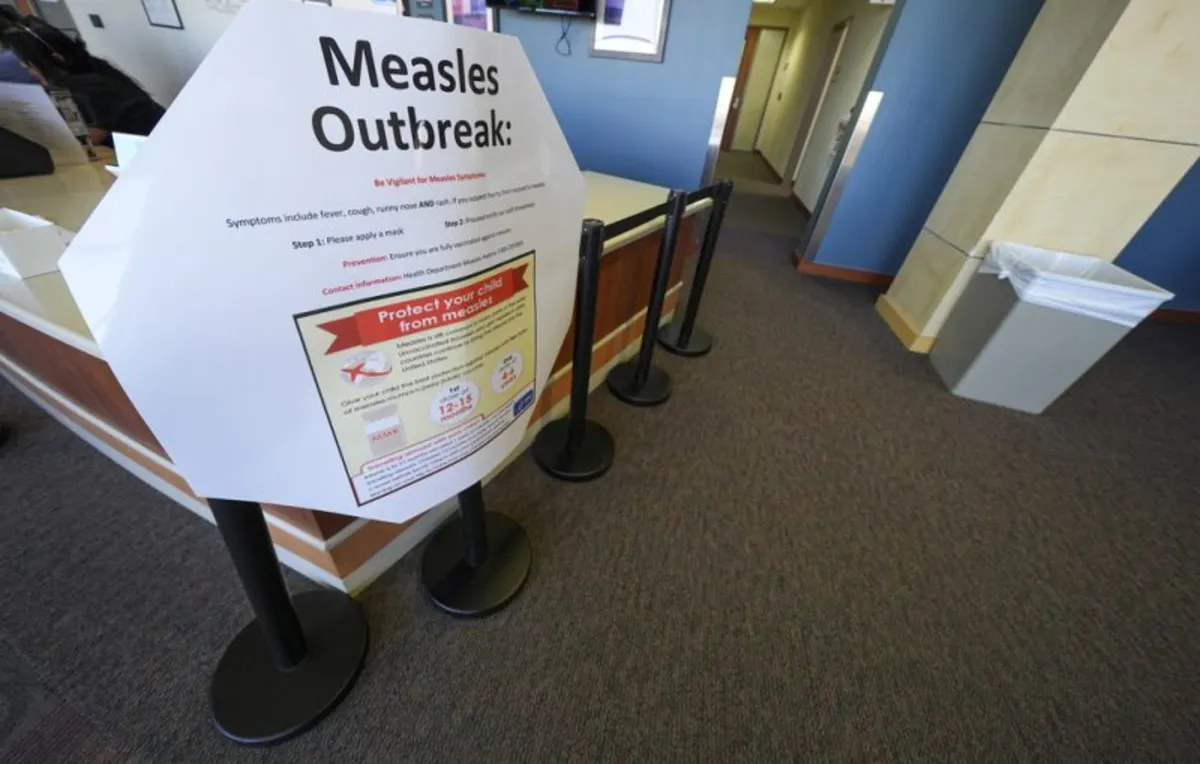
According to the latest update from the Texas Department of State Health Services, a total of 279 measles cases have been reported in Texas. In addition, New Mexico has confirmed 38 cases as of Tuesday, bringing the total number of measles cases across both states to 317. This significant outbreak has raised concerns about public health and vaccination rates in the region.
As of 2024, the Centers for Disease Control and Prevention (CDC) has confirmed 285 cases of measles nationwide. This alarming trend highlights the ongoing risk of measles outbreaks in various states, particularly in areas with lower vaccination coverage.
The majority of cases have been concentrated in Gaines County, Texas, and Lea County, New Mexico, which are located directly across the border from each other. This geographical proximity has likely contributed to the rapid spread of the virus between the two states.
Out of the reported cases in Texas, 36 individuals have been hospitalized, while two people have required hospitalization in New Mexico. Tragically, there have been two deaths associated with this measles outbreak—one in each state. Both fatalities involved patients who were unvaccinated. The death in Texas was directly attributed to measles, whereas the cause of death for the New Mexican individual, who also tested positive for the virus, is currently under investigation.
The numbers coming out of Texas have shown fluctuations as health authorities gather more information. Notably, it appears that there are fewer breakthrough measles cases than previously thought. Upon further investigation, health officials discovered that three cases initially considered vaccinated were, in fact, not. Two individuals had received the measles, mumps, and rubella (MMR) vaccine just one to two days before exhibiting symptoms. The third case appeared to be a reaction to the vaccine rather than a genuine infection.
This ongoing outbreak underscores the critical importance of vaccination in preventing measles. Public health officials are urging residents in Texas and New Mexico to ensure their vaccinations are up-to-date to protect themselves and their communities from this highly contagious disease.